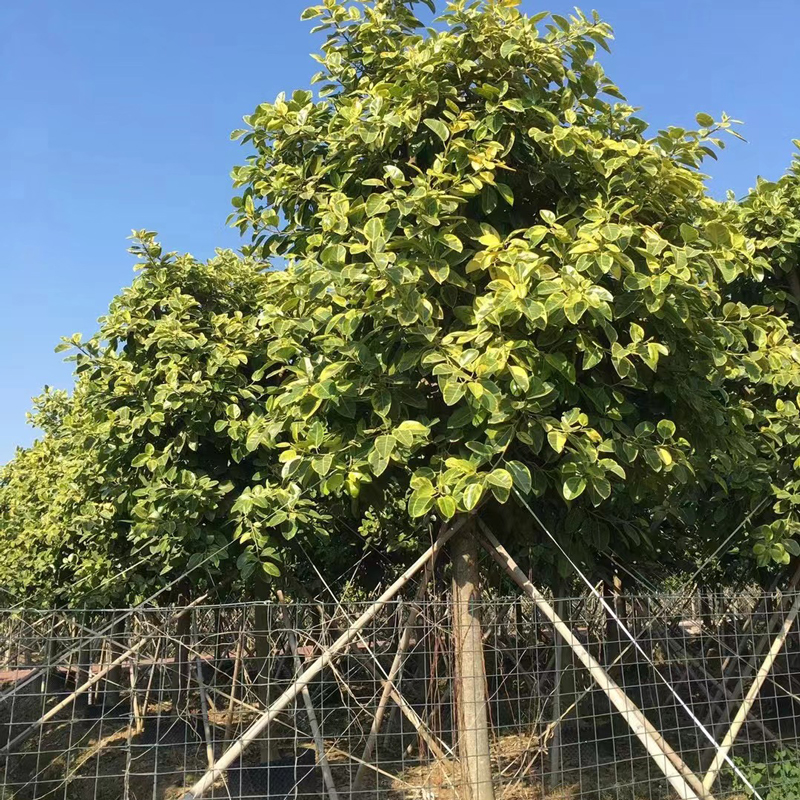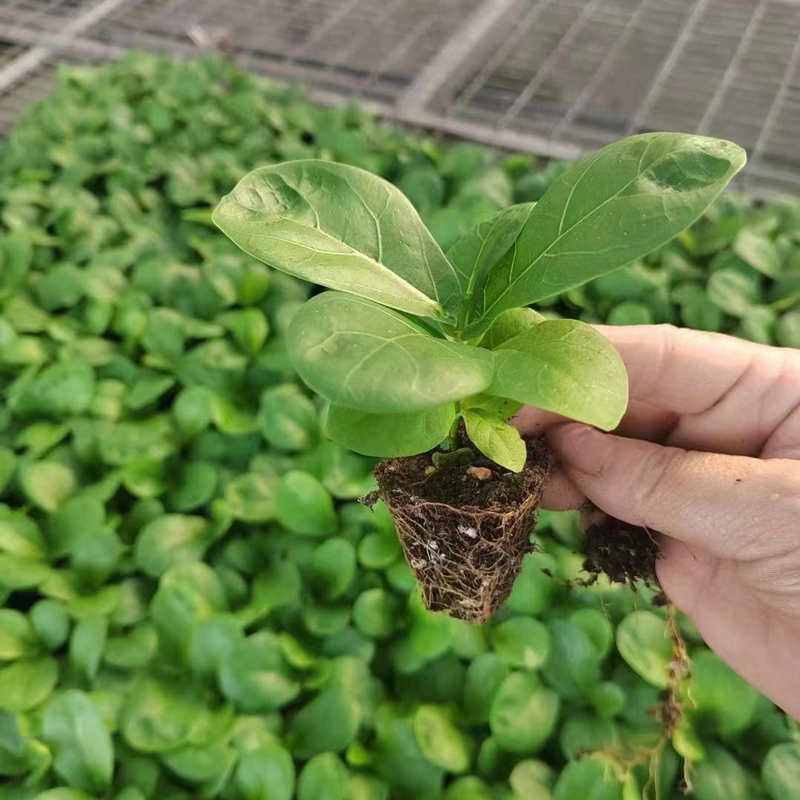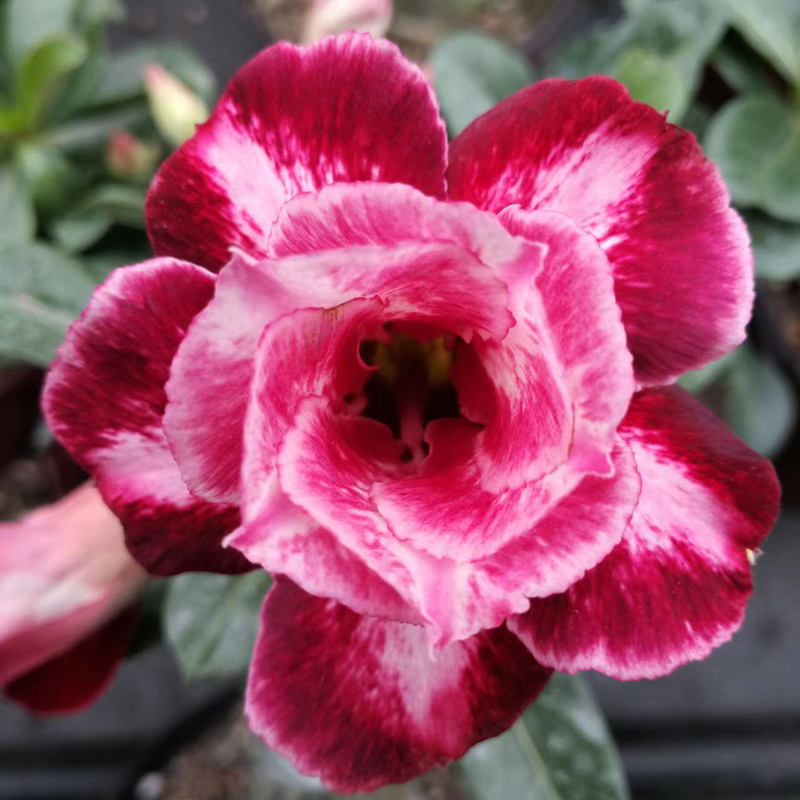
Chinese lotus flowers manufacturers
Chinese lotus flowers manufacturers
Lotus is the sacred flower of the East, a symbol of purity, prosperity and spiritual revival. His delicate petals and elegant appearance inspire artists, poets and, of course, manufacturers. In China, where Lotus occupies a special place in culture and history, its cultivation has turned into an entire industry consisting of many farmers and companies working with this beautiful plant.
A variety of varieties and methods of growing
Chinese manufacturers offer a wide selection of lotus varieties that differ in the size of the flowers, the color of the petals (from pale pink to saturated red and white), as well as the shape of leaves and rhizomes. Growing lotus is a painstaking process that requires special knowledge and skills. Farmers use various methods from traditional cultivation in ponds and lakes to modern hydroponics technologies that allow you to control growth conditions and get higher yields. In some regions of China, for example, in the province of Yunnan, the lotus is cultivated in rice fields, creating a unique symbiosis of agriculture and aesthetics.
Using lotus in various industries
Lotus is not only a beautiful flower. All its parts - from flowers and leaves to seeds and rhizomes - are widely used. Seeds are used in cooking, various dishes and drinks are prepared from rhizomes, the petals are added to tea, giving it a unique aroma. In addition, lotus is a source of valuable essential oils and drugs used in traditional Chinese medicine. The beauty of the flower is also used for decorative purposes - it is grown in parks, gardens and used to create beautiful compositions.
Economic significance and future industry
The cultivation and sale of lotus is an important segment of the Chinese economy, especially in rural areas. Many families depend on this fishing, providing themselves with a livelihood. However, manufacturers are faced with challenges associated with climate change and the preservation of biodiversity. The development of sustainable methods of growing and preserving traditional knowledge is the key to the successful future of this industry, which not only brings economic benefits, but also retains the cultural heritage of China associated with this beautiful plant.
AppropriateProducts
Corresponding products
The best soldproducts
The best -selling products-
 Subtropical plants-stone wood
Subtropical plants-stone wood -
 Subtropical plants-Banyan wood
Subtropical plants-Banyan wood -
 See the Bugenville plants
See the Bugenville plants -
 Growing seeds-ficus with violin leaves
Growing seeds-ficus with violin leaves -
 Palm plants-combasses are sluggish
Palm plants-combasses are sluggish -
 View Palma Plants with scattered leaves
View Palma Plants with scattered leaves -
 Growing cacti and meat plants, desert rosemen-ficus with violin leaves
Growing cacti and meat plants, desert rosemen-ficus with violin leaves -
 Palm Palma-Palma Washingtonia
Palm Palma-Palma Washingtonia -
 View plants-gold palm
View plants-gold palm -
 View plant plants
View plant plants -
 Small anturium pots red
Small anturium pots red -
 Ornamental - a large red flower.
Ornamental - a large red flower.














